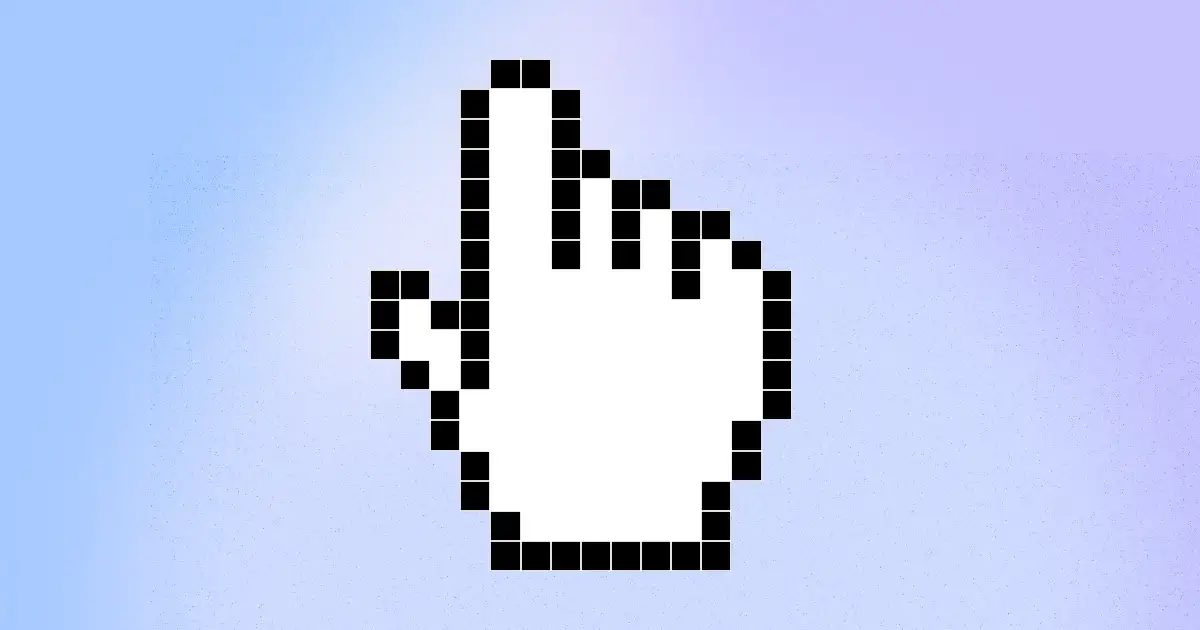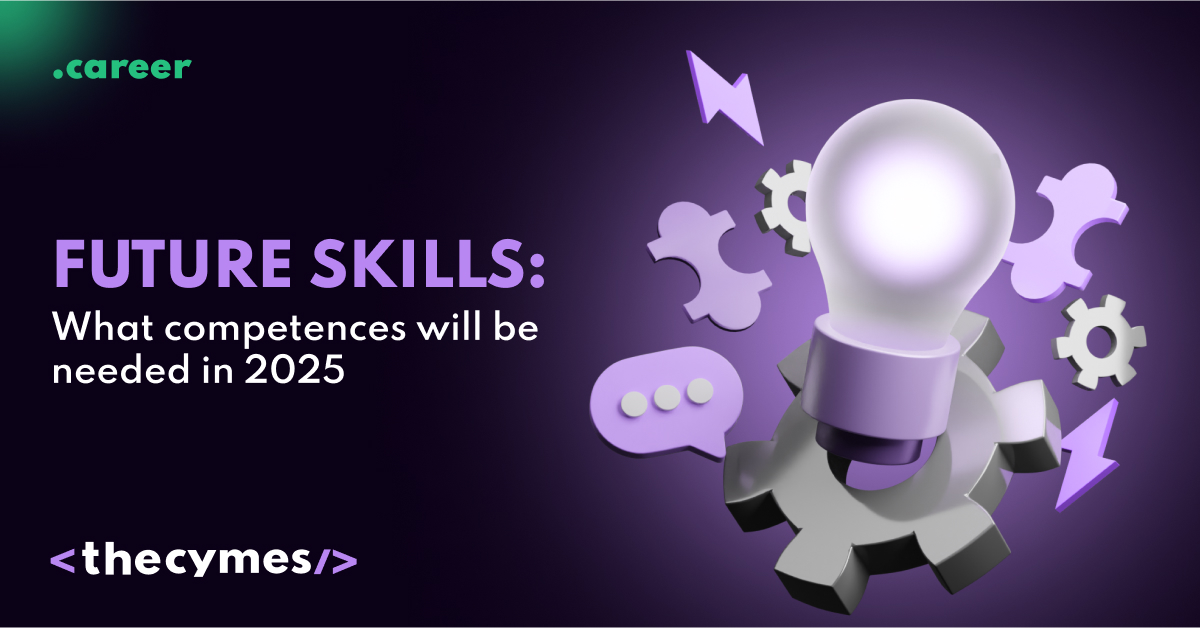.entrepreneurship15 October 19:27
0<
How To Find Your Career Goal: Methods And Exerxises For Defining Goals
/>Discover The Power of Strategic Career Planning with The Cymes Media! be updated on the latest tech newsGet exclusive news updates and overview on tech market




